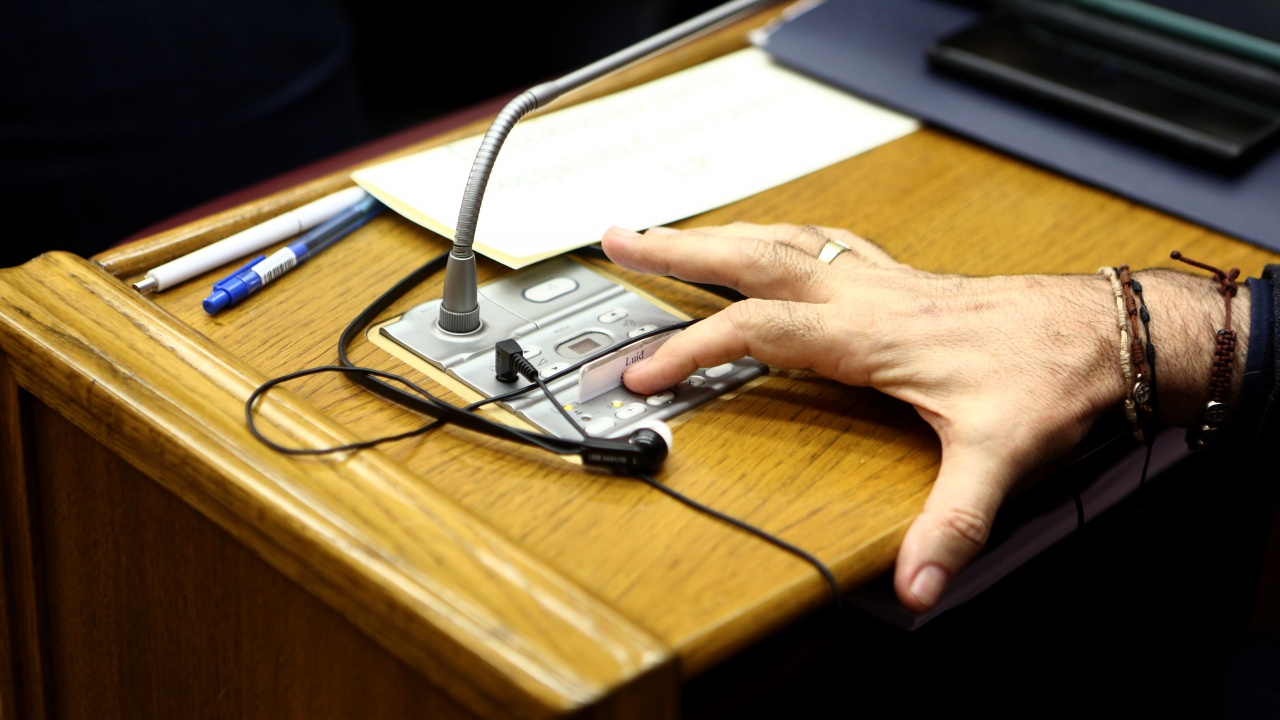The Parliament of Montenegro voted this night a vote of no confidence in the government of Prime Minister Dritan Abazovic, reported Agence France-Presse.
The agency notes that this opens the way for new political upheavals in the small Balkan country bordering the Adriatic Sea.
The country's previous coalition government was also ousted by a no-confidence vote only in February this year.
The proposal, submitted by President Milo Djukanovic's Democratic Party of Socialists of Montenegro, was supported by 50 MPs from the Assembly, the 81-member unicameral parliament.
Only one of their colleagues voted against, and the remaining 30 people's representatives boycotted the vote of no confidence.
The vote was preceded by 12 hours of debate.
We need elections and a stable government, emphasized the initiator of the vote, MP Daniel Zivkovic.
Political tension in Montenegro has been at its peak for several weeks, AFP notes.
The reason is a controversial agreement signed by the cabinet with the Serbian Orthodox Church (SRC) - the religion with the largest number of followers in the country.
The contract regulates the ownership of hundreds of monasteries and churches of the Serbian Orthodox Church in Montenegro.
However, part of the Montenegrin society believes that the agreement does not sufficiently protect the interests of the state.
The Prime Minister of Montenegro has received death threats
The president has long been a staunch opponent of the SOC and has been accused of wanting to nationalize its properties.
For weeks, Milo Djukanovic, who defected to the opposition camp, has been using the agreement to destabilize the government and trigger early elections, AFP notes.
The tension has geopolitical dimensions.
Once a communist who later became the architect of the independence of Montenegro - the former Yugoslav republic that was the last to break away from Serbia - Djukanovic has already brought the country, which is also a candidate for EU membership, into NATO.
The Montenegrin president wants to reduce the influence of the Serbian Orthodox Church at any cost and consolidate a national identity different from the Serbian one, even if this means the creation of a new, independent Orthodox Church, notes BTA.
1/3 of the 620,000 inhabitants of Montenegro are self-identified as Serbs.
Some nationalists deny that Montenegrins have a separate identity.
The SPC is the dominant religious institution in Montenegro.
She is accused by her opponents of serving the political interests of Belgrade.
There is also a Montenegrin Orthodox Church in the country, which, however, has very few followers and is not recognized by the Orthodox world.
confidence vote
Montenegro
